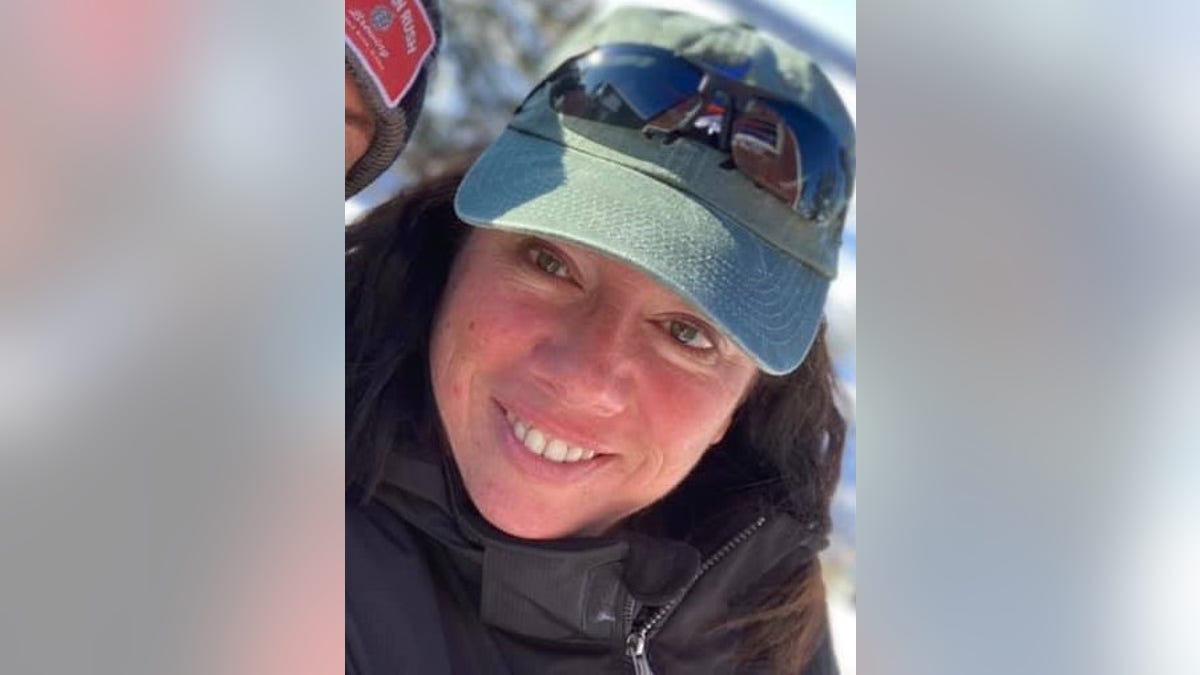CDC, Fauci not emphasizing harm to students from being out of school: Dr. Makary
Fox News medical contributor Dr. Marty Makary shares his concerns with medical leaders not discussing negative effects of virtual learning.
A woman in Alaska, who caught COVID-19 a second time after she had been vaccinated is taking her story public not to show that vaccines are ineffective, but quite the contrary.
Kim Akers was given the Johnson & Johnson vaccine last month, but was recently diagnosed with the dreaded disease - again. But she doesn't fault the vaccine.
"I want people to get the vaccine. I want awareness. I want people to get the vaccine … so that we can get out of this," Akers told FOX News, "If they don’t do this, we are not going to see an end to this."
Johnson & Johnson's single-dose vaccine was 66% protective against moderate to severe illness in a large international study. In just the U.S., where there had been less spread of variants, it was 72% effective. More importantly, once the vaccine’s effect kicked in, it prevented hospitalization and death.
Once diagnosed she took her case to social media.
"Just because you have had Covid or been fully vaccinated does not mean you can’t TEST POSITIVE," Kim Akers wrote on Facebook.
The 50-year-old high school administrative secretary told FOX News that she is glad she got the vaccine: "I believe it worked for me. I could have been so much worse. … I believe in the doctors and the scientists. … I wish more people would believe in them."
FAUCI SHIFTS HERD IMMUNITY GOALPOSTS, NOW SAYS AS MUCH AS 90% MAY BE NEEDED TO HALT CORONAVIRUS
"It would be great if it completely protected you," she told the Anchorage Daily News reported.
According to public health officials, vaccines are not 100% effective in preventing infection. A small percentage of fully vaccinated people, officials say, can be expected to still get COVID-19.
J&J didn’t return Fox News’ request for comment.
Akers first caught COVID in December, and she was sick with an unusually intense headache and symptoms similar to the common cold.
She said she was eager to get the vaccine on March 5 after her recovery because of an underlying health condition of rheumatoid arthritis.

Kim Akers is issuing a warning after she caught COVID-19 a second time after she had already been vaccinated. (Courtesy, Kim Akers)
Later that month, she fell ill again with fatigue, nausea and chest congestion during a weekend gateway to a lake with family and friends.
"I still didn’t believe anything was wrong," Akers told the newspaper. "I told my family I want to go home. ‘Not to worry — it’s not COVID.’ I said that."
CORONAVIRUS: WHAT YOU NEED TO KNOW
When she got home, the other COVID symptoms showed up.
"I didn’t believe at that moment that it was it until I got home and thought about my symptoms and realized this headache is what I remember," she said. "Then I lost my taste and my smell."
Akers tested COVID-positive for a second time on March 29.
She has almost made a full recovery after three rough days with a constant headache.
CLICK HERE FOR FULL CORONAVIRUS COVERAGE
Viruses constantly evolve, and the world is in a race to vaccinate millions and tamp down the coronavirus before even more mutants emerge. More than 119 million Americans have had at least one vaccine dose, and 22% of the population is fully vaccinated, according to the Centers for Disease Control and Prevention. Much of the rest of the world is far behind that pace.
Akers was grateful to be vaccinated as the inoculation is intended "to keep you out of the hospital and prevent death and hopefully lessen your symptoms."










































